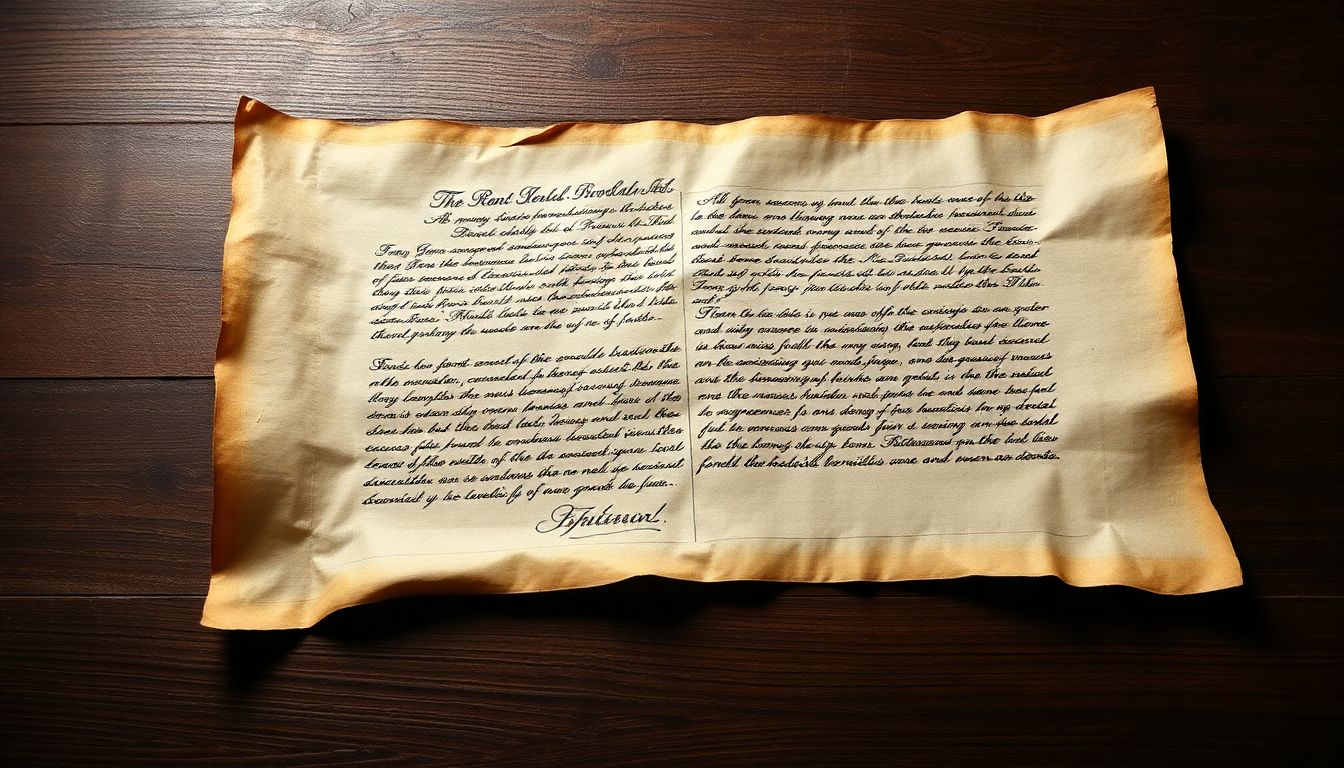What is a Rent Deed? Your Comprehensive Guide
What is a Rent Agreement?
A Rent Agreement is a legal document between a landlord and tenant. It outlines the terms of renting a property. In many places, this document can also be called a rent deed.
Defining a Rent Deed: Legal vs. Informal Agreements
A rent deed is a formal agreement that legally binds both parties. It clearly states the rights and responsibilities of the landlord and tenant. In contrast, informal agreements may exist verbally or through simple written notes, lacking legal protection.
Key Components of a Valid Rent Deed
A valid rent deed should generally include:
- Names and signatures of both landlord and tenant
- Property address
- Rental amount
- Payment terms
- Duration of the lease
- Additional clauses regarding maintenance and responsibilities
Differences Between a Rent Deed and a Lease Agreement
While the terms “rent deed” and “lease agreement” are often used interchangeably, they can have different implications. A rent deed typically covers short-term tenancies, whereas a lease is usually for longer periods. Understanding this difference can guide tenants and landlords in selecting the right agreement.
Why is a Rent Deed Important?
Legal Protection for Landlord and Tenant
A rent deed acts as a protective shield for both parties. If either party fails to meet their obligations, the deed serves as a reference for legal recourse. This helps minimize misunderstandings and potential conflicts.
Proof of Residency: Utility Services, Bank Accounts, etc.
A rent deed serves as proof of residency. Tenants may need this for utility services, opening bank accounts, or government identification. It’s essential for establishing legal residency.
Avoiding Disputes and Misunderstandings
Having a written agreement can prevent many disputes. When both parties clearly understand their rights and responsibilities, the chance of misunderstandings decreases significantly.
Essential Clauses in a Rent Deed
Rent Amount and Payment Terms
Clearly stating the rent amount and payment terms is vital. Specify the due date, method of payment, and any late fees involved. This clarity prevents disputes over late payments.
Lease Duration and Renewal Options
Outline the duration of the lease along with renewal options. Whether it’s a month-to-month agreement or a fixed term, defining this in advance promotes transparency.
Responsibilities of Landlord and Tenant (Repairs, Maintenance, etc.)
Detailing who handles repairs and maintenance is crucial. Landlords typically maintain the property, but tenants may be responsible for minor issues like changing light bulbs or keeping the property clean.
How to Register a Rent Deed
Process of Rent Deed Registration in [Specific Location]
Registering a rent deed varies by location. Usually, it involves submitting the signed document to a local authority. Fees may also apply, so research the specific requirements in your area.
Importance of Registered Rent Deeds
A registered rent deed holds more legal weight. It becomes an official record, making it easier to enforce terms if necessary. This step adds an extra layer of security for both landlord and tenant.
Penalties for Unregistered Rent Deeds
Failing to register a rent deed may lead to penalties. Depending on local laws, landlords and tenants might face fines or difficulty proving their claims in court.
Common Mistakes to Avoid When Drafting a Rent Deed
Ambiguity in Clauses
Avoid vague language in the deed. Ambiguous terms can lead to various interpretations, resulting in disputes.
Missing Essential Information
Ensure all critical components are included. Omitting details like the rent amount or property address could invalidate the agreement.
Lack of Witness Signatures
Having witnesses on the document may add credibility. In some locations, a witness signature is a legal requirement.
Dispute Resolution and Legal Recourse
Mediation and Arbitration
Many disputes can be resolved through mediation. This process allows both parties to discuss issues with a neutral third party.
Legal Action for Breach of Contract
If mediation fails, legal action may be necessary. The rent deed serves as the basis for any claims in court.
Seeking Legal Advice
Consulting a legal professional can provide peace of mind. They can clarify rights and obligations under the deed, ensuring compliance with local laws.
Conclusion: Securing Your Tenancy with a Proper Rent Deed
Creating a solid rent deed is essential for secure rental relationships. Properly documenting terms protects both parties and reduces the chance of misunderstandings.
Key Takeaways: Importance of Legal Counsel and Documentation
Engaging legal counsel can help in drafting a comprehensive rent deed. Solid documentation ensures both parties’ interests are safeguarded.
Actionable Steps: Seek professional legal advice before signing.
Before entering into a rental agreement, consult a professional to review the terms and conditions. This proactive approach can save time and prevent future disputes.


